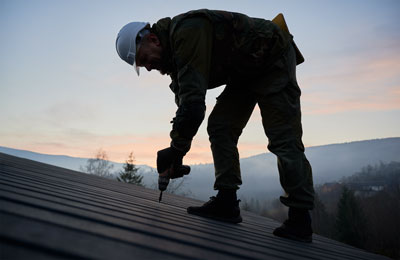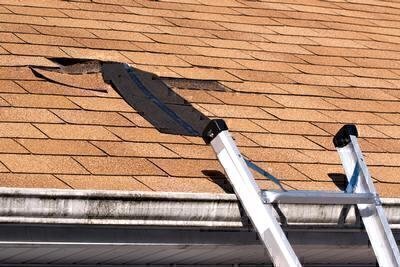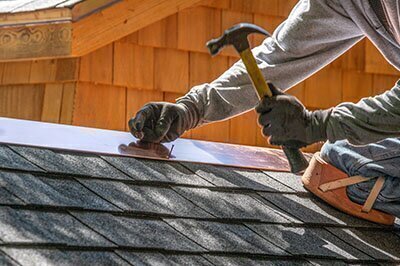Click below to listen to our Consumerpedia podcast episode on how to find a quality roofer.
Although major home improvements are expensive, costs are often tempered by the benefits they provide. A new kitchen rewards home chefs and may inspire you to entertain. Building an addition or screened-in deck provides extra living space. Replacing carpet, flooring, or furniture improves aesthetics. But unless you’ve let the old one deteriorate to the point where you have buckets strewn about the house, a new roof won’t make your life seem better.
Your wallet, however, will feel the difference. Roofing work is astonishingly expensive—even owners of small abodes likely will pay more than $10,000 to replace their shingles. And, unless you purchase carefully, you may spend thousands of more-than-necessary dollars to get less-than-satisfactory results.
The key to avoiding roof goofs is to hire a reliable roofing contractor, get in writing exactly what will be done, and keep a close eye on the job as it progresses.
Fortunately, you don’t have to overpay to get great work. Identify several high-quality companies, then get several bids from them. Prices different companies quote for the same work often vary by thousands of dollars. When our undercover shoppers collected prices for reroofing jobs for three homes, they were quoted bids ranging from $11,954 to $21,156 for one job, about $10,200 to $24,490 for another house, and $6,731 to $15,000 or more for a third. Don’t assume a low bid signifies lousy work: For each of these three jobs, our shoppers received low prices from top-rated outfits.
Before using any contractor, ask for proof that it is licensed and carries liability and workers’ compensation insurance.
Get a copy of the warranty from the manufacturer of whatever roofing materials are used. Also get a warranty on the roofer’s work—ideally for five years or more—that provides free repairs if your roof leaks.
Get a fixed-price contract that specifies exactly what roof areas are to be covered and other details, such as whether old shingles are to be removed, whether flashings are to be replaced, who is responsible for cleaning up and hauling away debris, and exactly what types and weights of materials are to be used.
Arrange to pay for the work as late in the process as possible. Many contractors allow customers to withhold all payments until the job is complete. Try to arrange to withhold at least a portion of the price until your roof has been tested by stormy weather.







